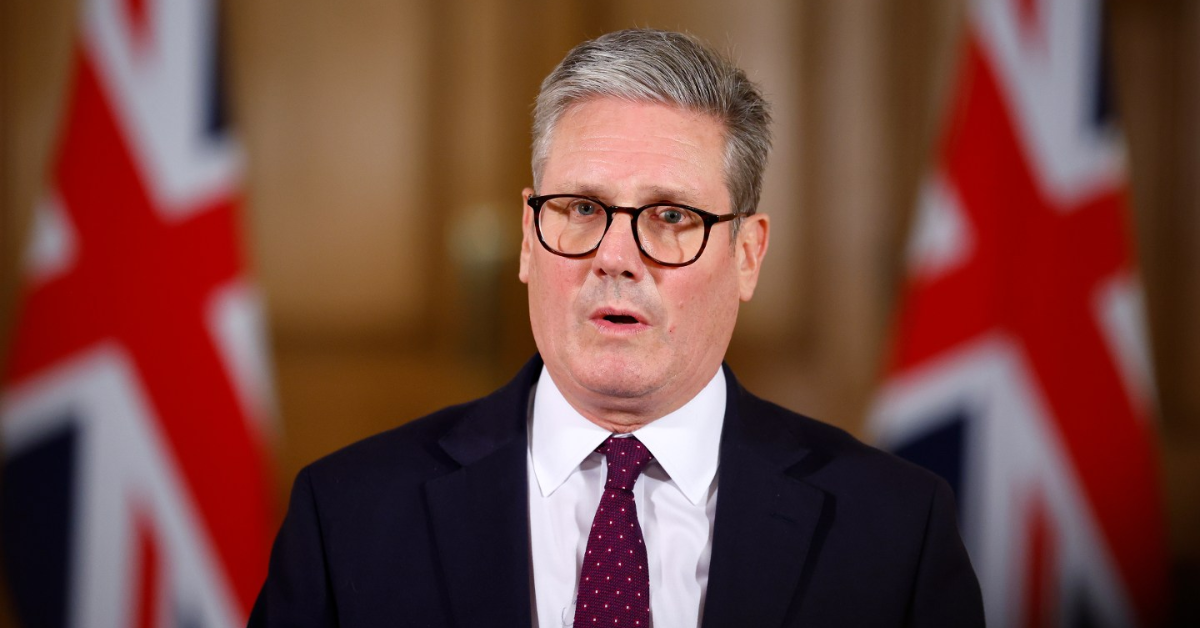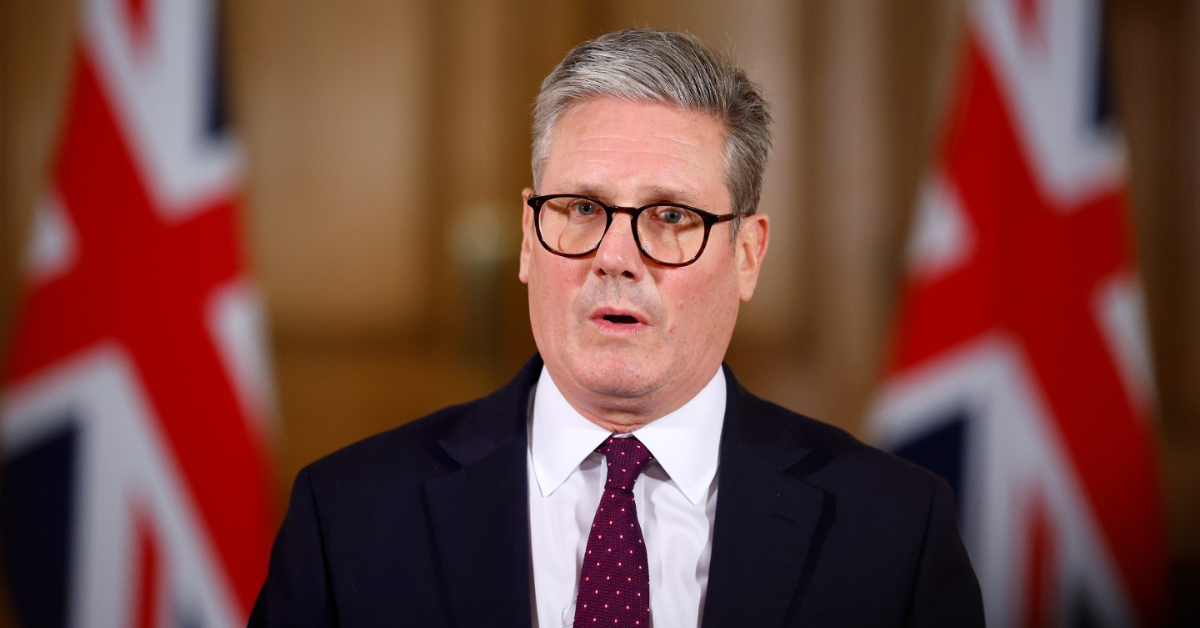The Department for Work and Pensions (DWP) is being urged to consider a major shake-up in the UK pension system, with calls growing louder for the introduction of a ‘universal’ state pension rate of £28,500 per year for everyone of retirement age.
This recommendation comes from a leading think tank, which says the current pension system is outdated and doesn’t provide enough support for the elderly. They argue that the state pension should guarantee a “minimum income standard” so that every pensioner can live with dignity—no matter their work history.
What’s Being Proposed?
The Centre for Research in Social Policy (CRSP) has suggested that the UK move to a flat, universal state pension. Instead of calculating pensions based on National Insurance contributions, the new model would offer every pensioner £28,500 per year—equal to the standard set in the Minimum Income Standard (MIS) report.
At present, the full new state pension offers £221.20 per week, which totals to around £11,500 annually—less than half of the recommended figure.
Why Is This Change Needed?
Campaigners say that current pension amounts don’t meet the basic cost of living, especially during a time of rising food prices, energy bills, and housing expenses.
A universal pension would:
- Remove complex eligibility criteria
- Provide financial security to all retirees
- Cut down on means testing and reduce bureaucracy
It would also simplify the system, making it easier for people to plan their retirement and avoid poverty in old age.
How Would It Be Funded?
Experts admit that such a change would require a significant increase in government spending. However, they believe this could be funded through:
- A fairer tax system
- Better use of existing pension funds
- Gradual implementation over time
They argue that investing in pensions would reduce the burden on healthcare and social care services in the long run.
What About the Current Pensioners?
Under the current rules:
- Not everyone qualifies for the full state pension
- Many elderly people rely on pension credit or personal savings
- Women and carers are more likely to miss out on full benefits
A universal pension would eliminate these inequalities, giving everyone equal access regardless of their background.
What Has DWP Said?
As of now, the DWP has not agreed to implement this universal pension. A spokesperson said that the state pension is regularly reviewed and increased based on the triple lock—inflation, wages, or 2.5%—whichever is highest.
However, campaigners are urging the next government, after the General Election, to make pension reform a priority.
Growing Pressure Ahead of Elections
With the general election approaching, pension reform is becoming a hot topic. Older voters make up a large portion of the electorate, and policies around pensions could influence the outcome.
Political experts believe that supporting a universal pension could gain cross-party backing, especially at a time when retirement insecurity is on the rise.
Final Thoughts
The idea of a £28,500-a-year universal pension may seem ambitious, but for many pensioners, it’s a lifeline. As inflation eats away at savings and the cost of living continues to rise, experts and campaigners believe now is the time for bold pension reforms that leave no one behind.










Leave a Reply